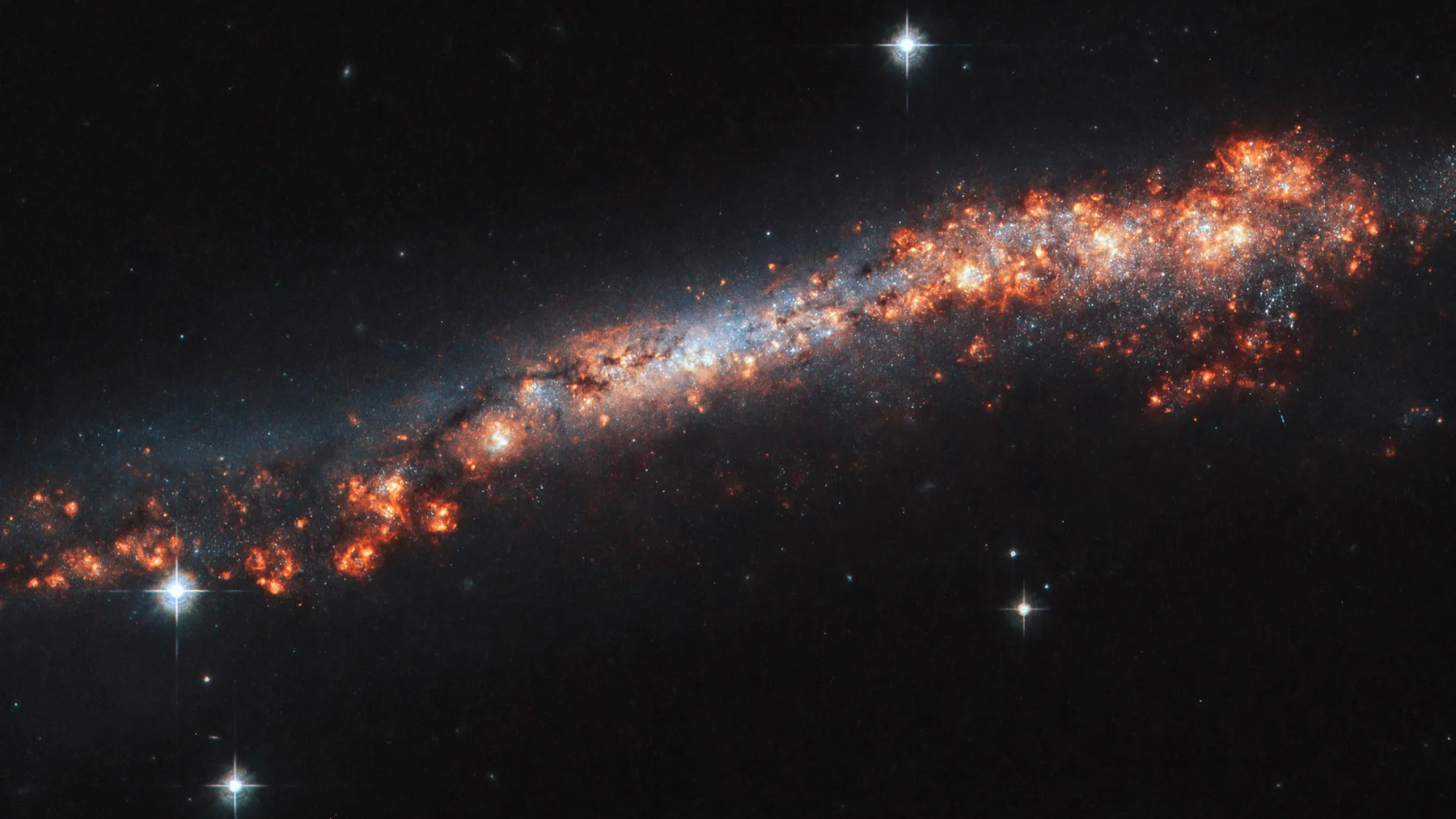NC Space Grant Welcomes 2023-2024 STEM Pre-Service Teacher Education Scholars
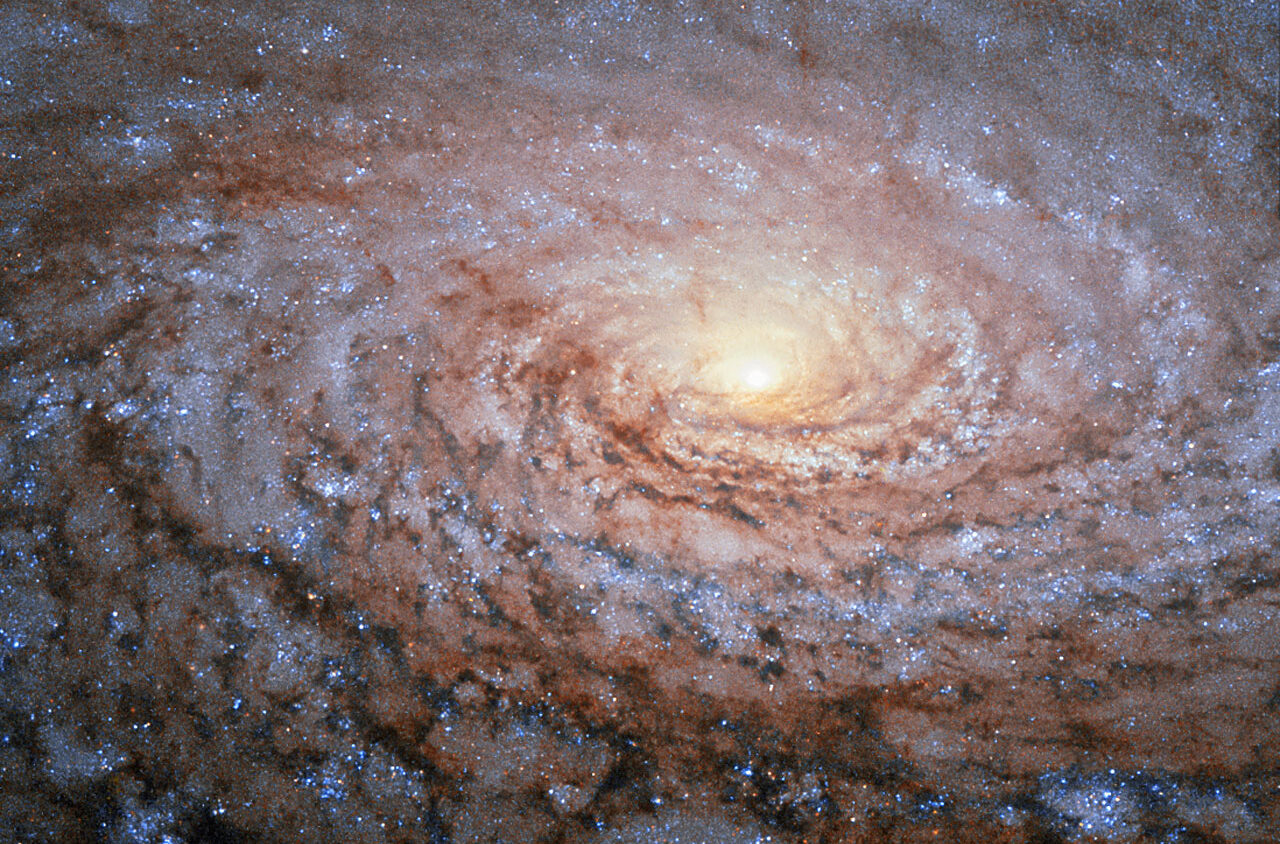
Credit: NASA Hubble Space Telescope
North Carolina Space Grant welcomes its new group of STEM Pre-Service Teacher Education Scholars. Throughout the academic year, this scholarship program will provide selected future teachers with NASA content in science, technology, engineering and math (STEM) to enthusiastically teach impactful STEM topics. With this program, NC Space Grant improves pre-college perceptions and interests in STEM topics.
“At NC Space Grant, our goal is to equip scholars with as many tools and resources as possible to prepare for their transition into the classroom,” notes Jobi Cook, the program’s associate director. “For example, scholars have the opportunity to work with a NASA education specialist at the Kennedy Space Center to learn more about NASA educational resources.”
This crew of scholars will join virtual communities of practice for educators through NASA CONNECTS. On this NASA platform, they have the opportunity to participate in four professional development webinars. Lastly, scholars also will teach a lesson from NASA’s “Earth’s Moon” Next Gen STEM educational guide. The scholars will come together in late spring to discuss how they integrated non-STEM subjects into their lessons. They will also share their best instructional practices based on their teaching experience.
A Scholarly Journey
The scholars’ overall goals are to make science education accessible and experimental for students. They seek modern approaches to STEM-based education that support student development. These future teachers look forward to implementing assignments and activities such as STEM journals and experimental labs in their K-12 classrooms.
Meet the 2023-2024 STEM Pre-Service Teacher Education Scholars:
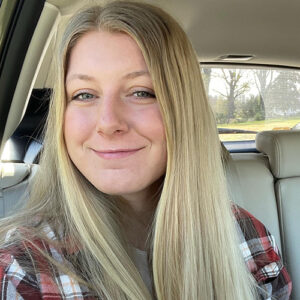
Kaitlyn Fletcher
Western Carolina University
Area of Study: Middle Grades Science Education
“I use the 5E method for lesson planning—engage, explore, explain, extend, and evaluate—because this method allows me to design a learning segment that fosters inquiry and individual meaning-making activities for my students. Students learn best through authentic experiences, and some ways I can provide those experiences is through project-based learning units and authentic audiences.”
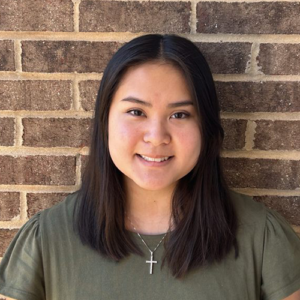
Sarah Hilton
Lenoir Rhyne University
Area of Study: Elementary Education
“I think it is important to teach STEM so students are able to develop communication skills and work collaboratively with others. Student curiosity will also develop and increase as students are being exposed to new ideas.”
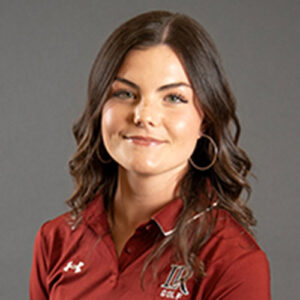
Lindsey Hodge
Lenoir-Rhyne University
Area of Study: STEM Secondary Education
“My ‘educational philosophy,’ or particular interest in my approach to teaching STEM is that it offers an unconventional approach to traditional education.”
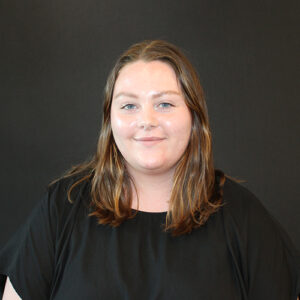
Michaela Moon
Appalachian State University
Area of Study: Physics, Secondary Education
“Physics has a reputation for being ‘too’ difficult, and that only those naturally gifted in the subject can do well. I will make it clear to my students that no matter what background they have, physics, and science in general, can be accessible to them.”
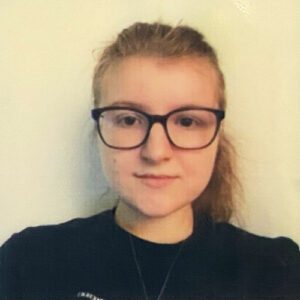
Cornelia Nirean
University of North Carolina at Charlotte
Area of Study: Elementary Education
“Central to my educational philosophy is the belief that students should actively engage in their learning journey, while I, as the teacher, serve as a facilitator, motivator, and supporter throughout this process. I believe that true learning occurs when students are challenged to make their own discoveries and observations, rather than being provided with immediate answers.”
☽
- Categories:


